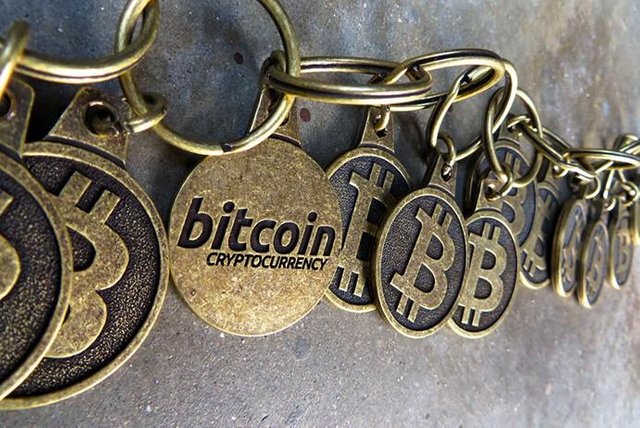New kids on the blockchain
A new wave of innovation based on blockchain technology is seeking to disrupt a whole range of industries. But is there substance beyond the hype?

The struggle for power
Public blockchains need large amounts of computing power, and in some cases a lot of time, to generate new blocks. Bitcoin transactions can take up to an hour, something the community is trying to solve, but that is causing tension between stakeholders and impacting the currency’s price. Solutions are being tabled to speed up transaction consensus, but no agreement has been reached yet.
Private blockchains and DLT are not faced with these systemic scaling issues. Agreement on transaction consensus doesn’t require the same cryptographic rigour, so can occur quicker and without the overheads of computing resources.
“There are faster mathematical means to achieve that consensus,” said Gottlieb. “From a business standpoint, where speed matters, that format makes a lot more sense.”
One area suited to DLT is configuration management, particularly on complex systems such as aircraft. According to Gottlieb, maintaining visibility over every part of an aircraft during its lifetime is a challenging task.
“Maintenance, repair and overhaul organisations obviously update the configuration of an engine during an overhaul,” he said. “If they don’t have visibility to the current configuration of what needs to be done, they can’t schedule their capacity effectively.”
On top of this, the business models of OEMs such as General Electric rely on the accuracy of the data they use.
“They sell service plans,” Gottlieb continued. “And these are optimised around when overhauls happen, what spare parts they can sell etc. Their ability to optimise the profitability of those, and the availability of the aircraft, is rooted in knowing what’s on the engine at any given point in time.”

While Gottlieb believes blockchain can help address these issues, others are more sceptical. Purely digital transactions can be governed exclusively by economic incentives and cryptography, but transactions that incorporate action in the real world still require an element of trust.
“Immutable digital records of ownership are incompatible with an analogue world where misunderstandings and errors are commonplace and the state is the arbitrator in case of dispute,” said Ciaran Murray, founder of consultancy Verbatm. “When you’re dealing with supply chains, you’re dealing with physical objects in the real world, off the blockchain. There’s no way the blockchain can maintain jurisdiction over them, as the nation state rules supreme in the physical world.”
Although blockchain cannot have physical jurisdiction over things such as configuration management, it can act as a strong incentive to act in good faith. If one party claimed to have replaced an engine part, but a quick reference of serial numbers on the blockchain revealed otherwise, that party would be liable. In the world of aerospace, consequences could be severe.